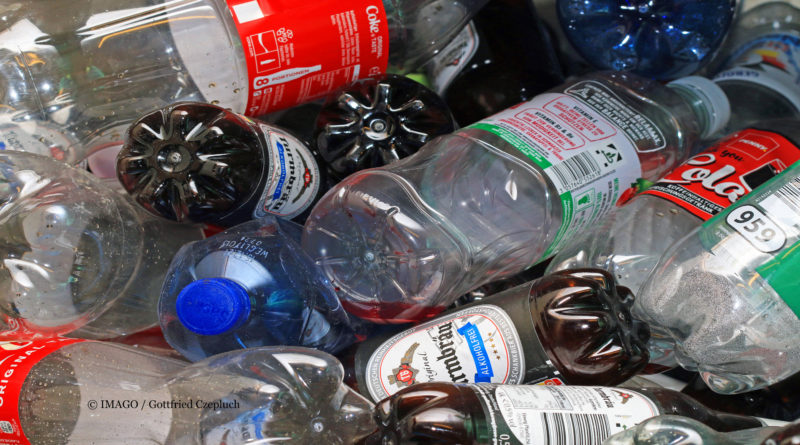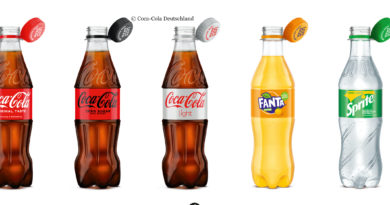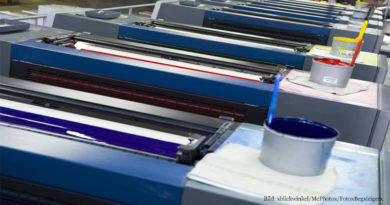Microplastics Detected in Human Blood for the First Time
Microplastic particles have been detected in human blood for the first time. Dutch researchers analyzed 22 blood samples from 22 anonymous donors and found residues of plastic in 17 of the tests. Half of the samples tested contained PET plastic, which is commonly used in beverage bottles.
Worldwide, 400 million tons of plastic are produced each year, much of which breaks down into particles smaller than five millimeters that pollute the environment. They are mainly produced by abrasion, aging, and decomposition processes of plastics. Studies have already confirmed that people ingest such microplastic particles with their food and breathe them in through the air. For the first time, however, the tiny plastic parts with a diameter of less than five millimeters have now also been discovered in people’s blood.
„Worrying results“
In a study of blood samples from 22 anonymous donors, scientists from the Netherlands‘ Vrije University in Amsterdam found residues of plastic in 17 samples. Their study included five types of plastics: Polymethyl methacrylate (PMMA), polypropylene (PP), polystyrene (PS), polyethylene (PE) and polyethylene terephthalate (PET). The study was published in the journal Environment International.
The results are „extremely worrying,“ ecotoxicologist Professor Dick Vethaak told the British „Guardian.“ He said the study is the first indication that humans have polymer particles in their blood.
Fifty percent of the blood samples in question contained PET, which is commonly used for food and beverage packaging, particularly soft drinks, juices, and prepackaged water, according to the Dutch study. Thirty-six percent of the samples contained polystyrene, which is a component of styrofoam, drinking cups, or insulation materials, among other things, while nearly a quarter (23 percent) contained polyethylene, which is used to make plastic shopping bags.
According to the scientists, the fact that some test persons had microplastics in their blood and others did not could also be related to the fact that the participants with positive samples had drunk coffee from plastic cups shortly before having their blood taken.




